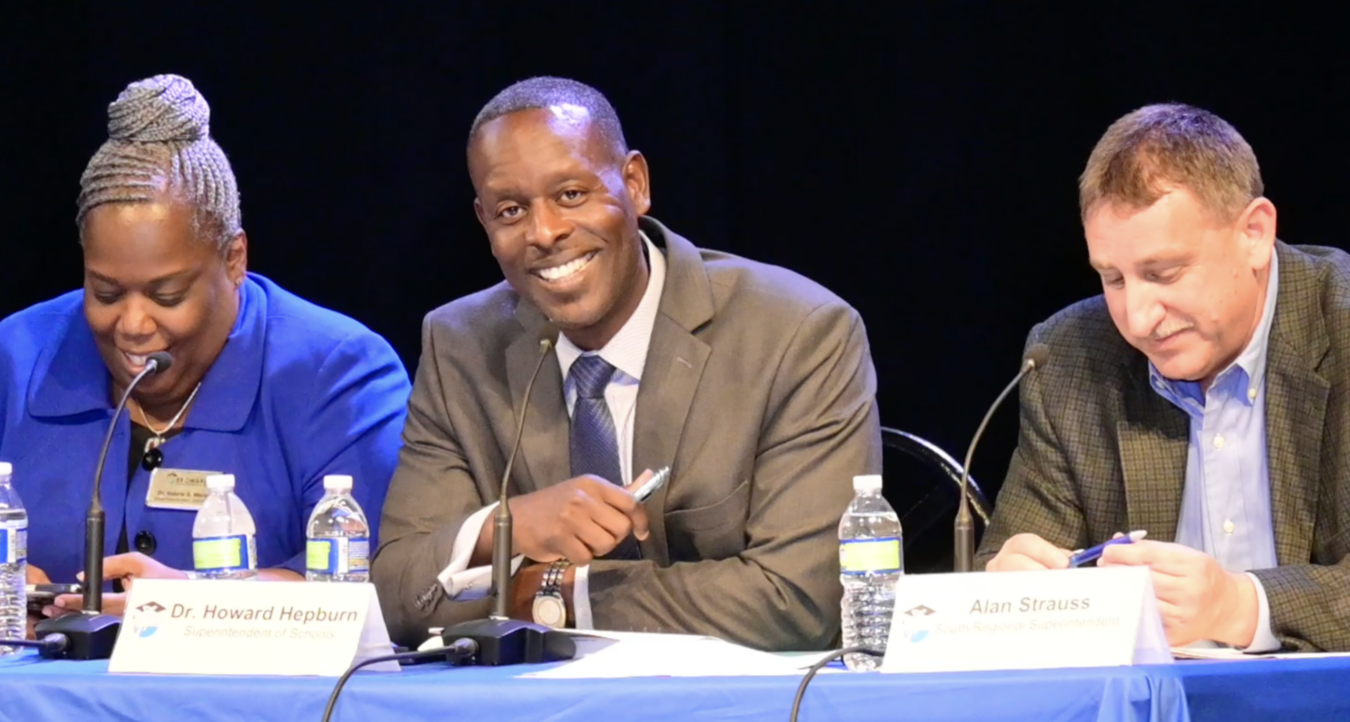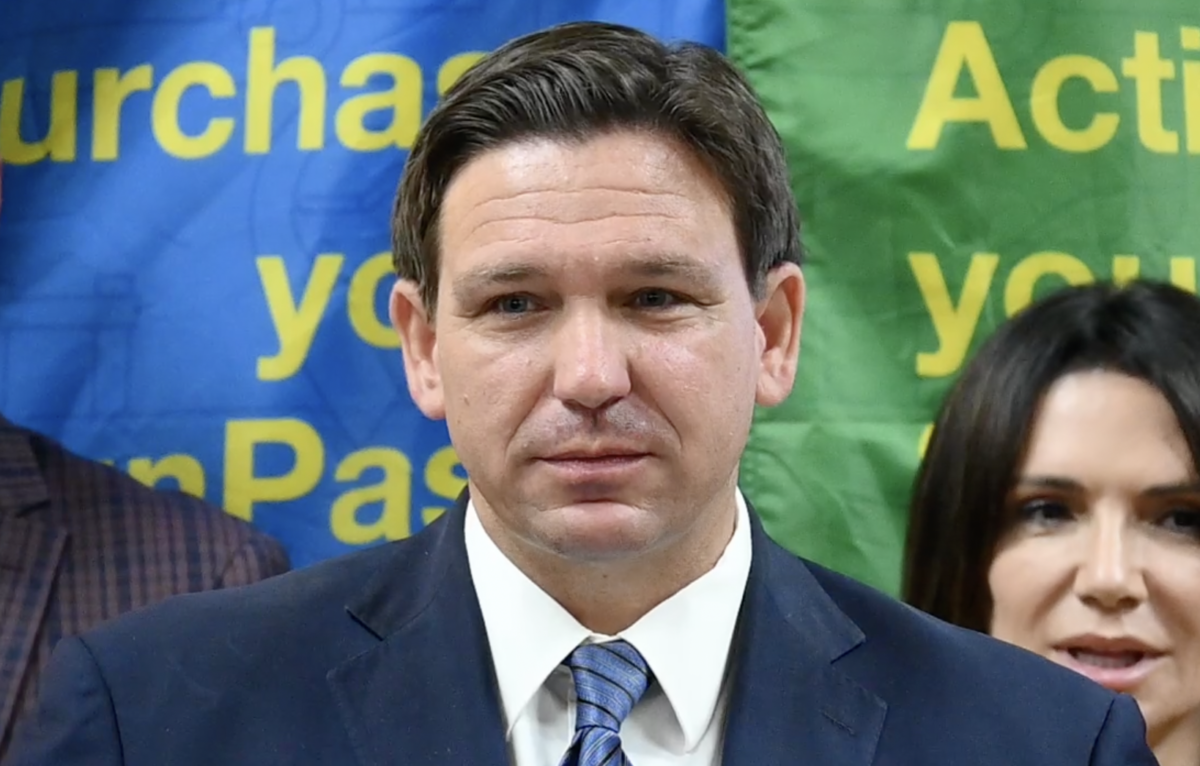TALLAHASSEE, FL—A bill banning corporal punishment for students with disabilities passed the House Education Quality Subcommittee unanimously, surprising residents and representatives alike in that corporal punishment still exists within some public schools.
"While most counties have banned the practice, corporal punishment is still allowed in 19 counties in Florida," HB 439's sponsor, Democratic Rep. Katherine Waldron, said. "This bill is a parental rights bill as it will allow parents of non-disabled children to opt-in before their children can be corporally punished,"
In Florida, 19 of 67 counties allow for corporal punishment, defined as "the moderate use of physical force or physical contact by a teacher or principal as may be necessary to maintain discipline,". HB 439, a bipartisan measure, mandates that parents must opt-in for corporal punishment for their child in these districts. It bans the practice outright for students with disabilities.
In the 2017-2018 school year, 29 percent of corporal punishments in Florida were doled out to students with disabilities, though only 14 percent of public school students are disabled. This demonstrates a vast overrepresentation of disabled children subjected to corporal punishment.
While Republican Rep. Mike Beltran—a co-sponsor of the bill—and Democratic Rep. Christopher Benjamin voiced their strong support for the legislation, they lamented that the measure doesn't go far enough by abolishing corporal punishment throughout the state.
"There's no procedure I'm familiar with in Florida that says that adults can be paddled, so only in schools? Only by the teachers?", Beltran said, stating that as an adult, he could go through a whole trial and never be paddled. "Yet some principal and some teacher can decide to discipline the child?"
"It's completely susceptible to capricious and arbitrary treatment, and this is just not something I want the government—particularly without the due process that we have in the courts—to be administering to the children," He added.
"This bill doesn't go far enough—it should be outright banned," Rep. Benjamin agreed. "It is not a right to hit someone else's kid...Touch my kid and there will be problems,"
The issue of disproportionate corporal punishment was first brought public attention in 2015 by a team of University of Florida researchers. The group published their findings, calling for an immediate end to corporal punishment in schools.
The bill, which would also apply to charter schools, passed committee unanimously, with many representatives shocked at the fact that corporal punishment still existed within the state.













